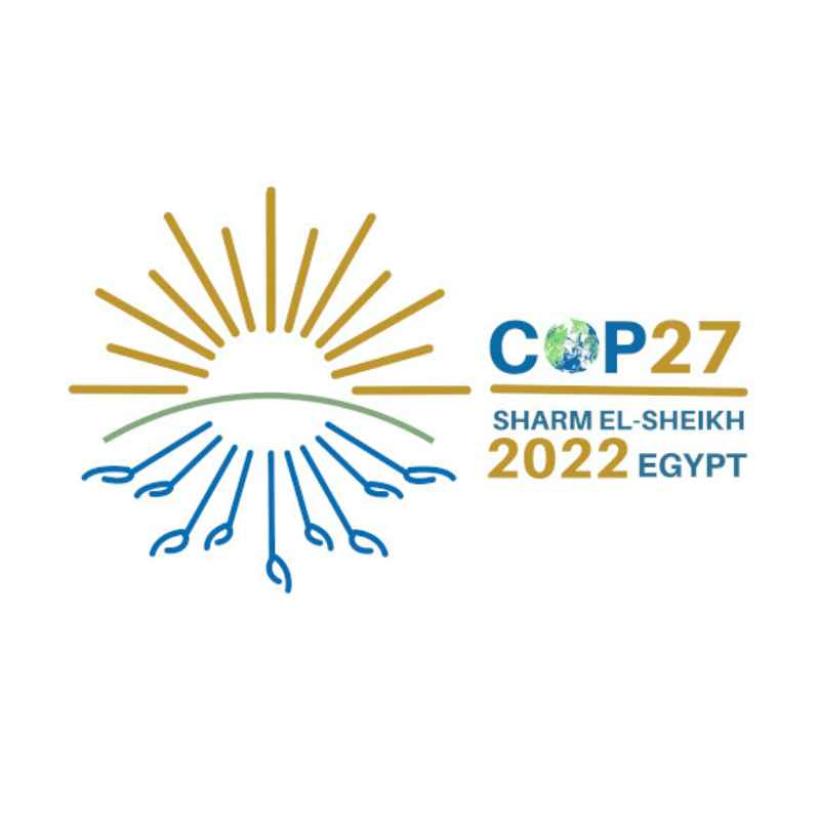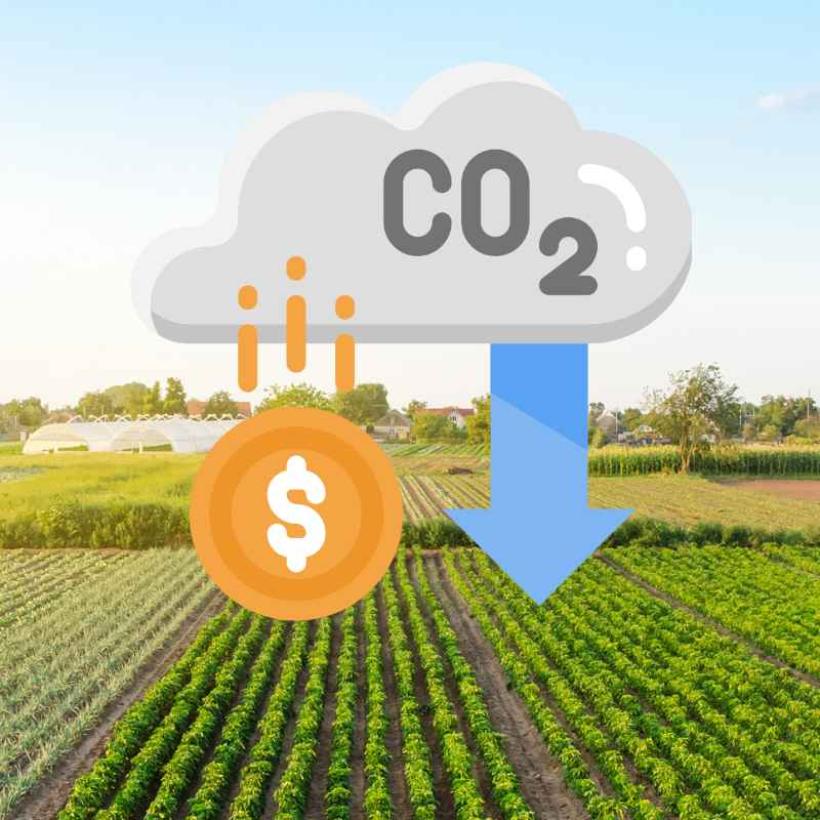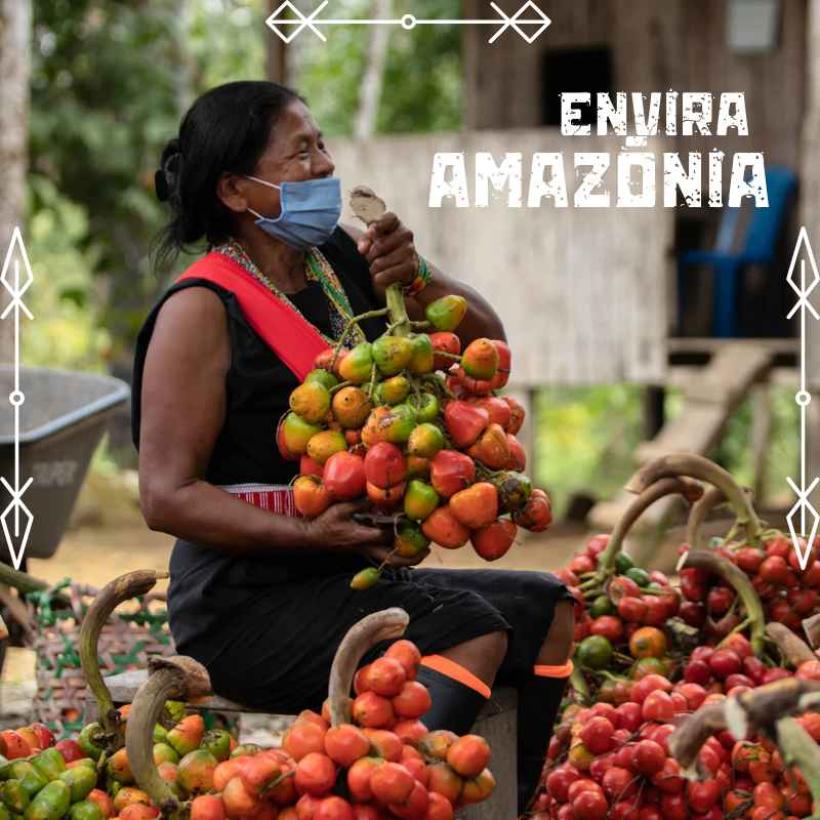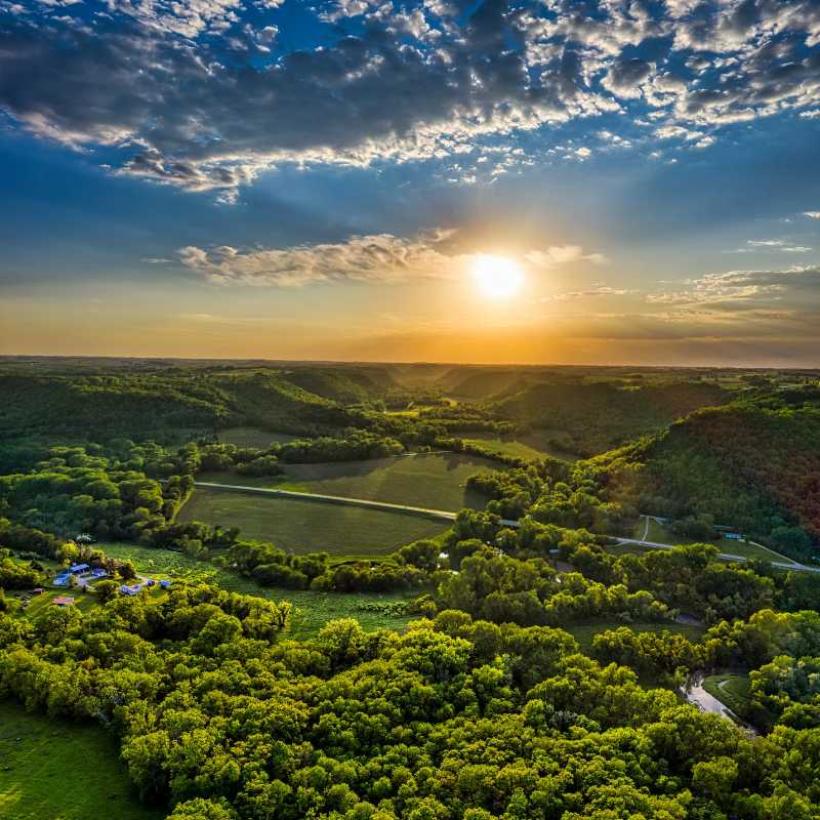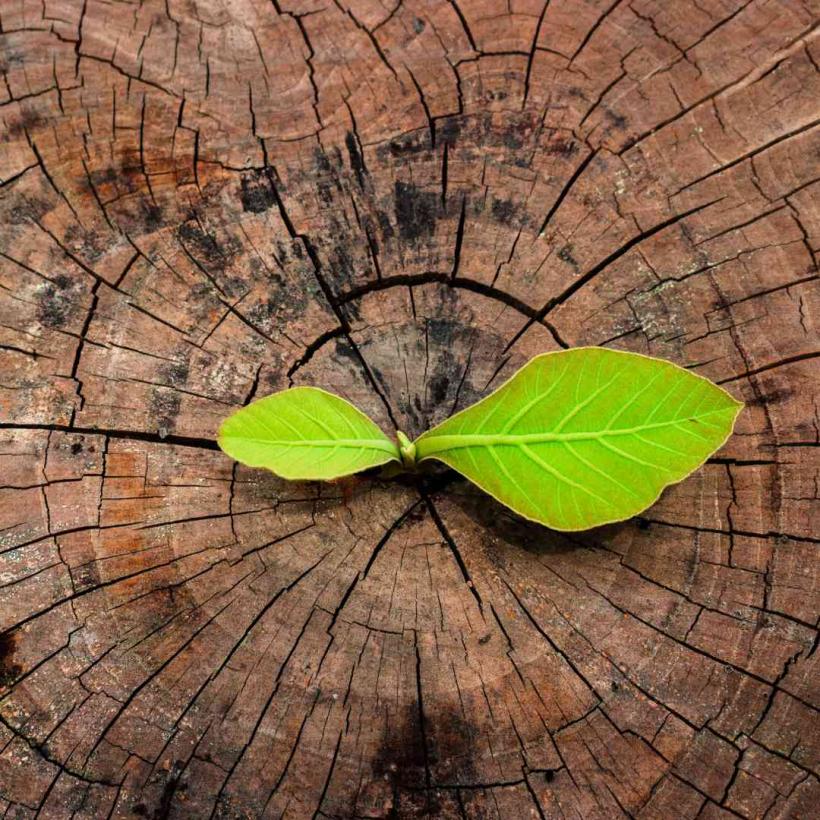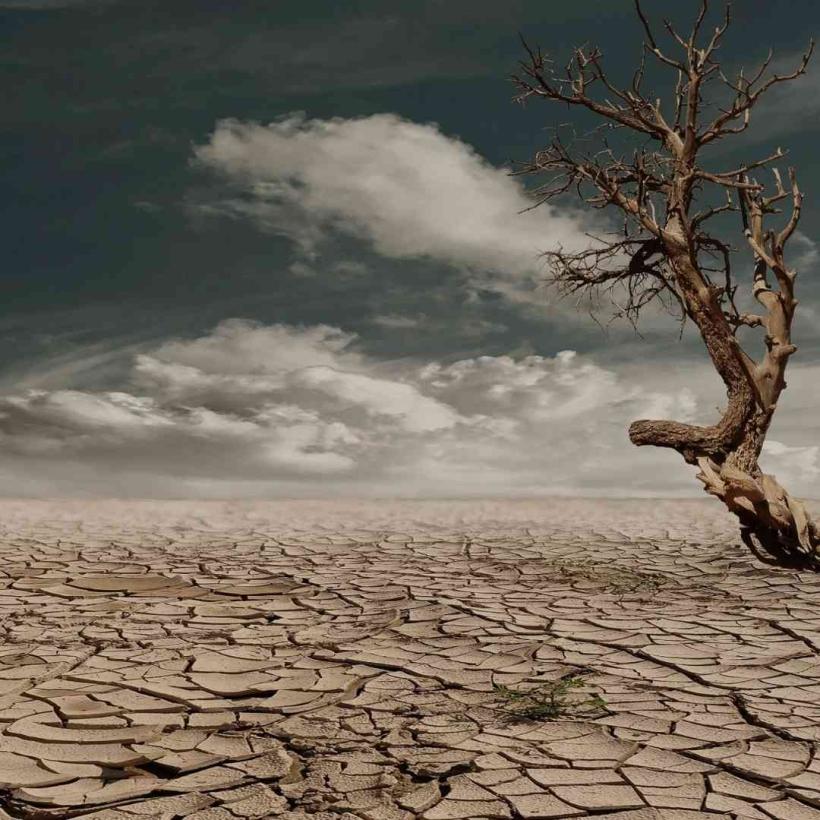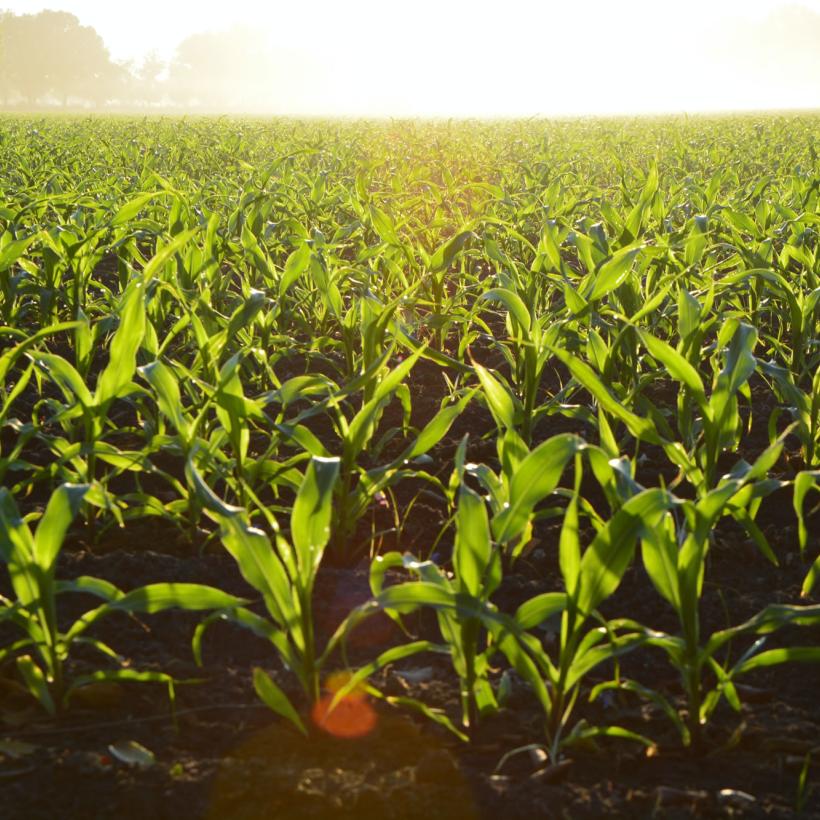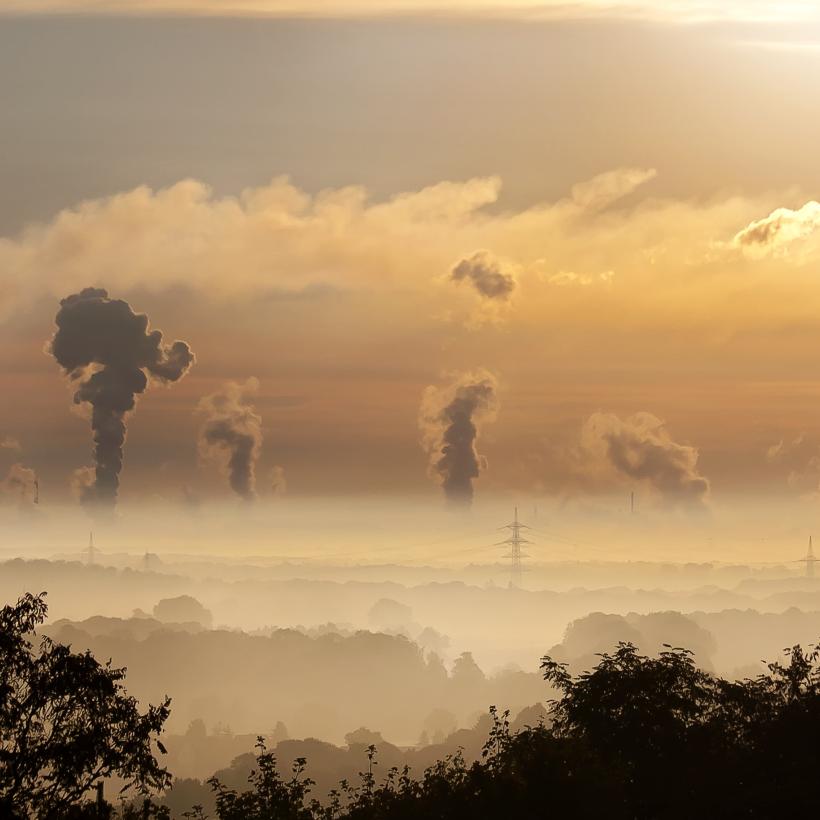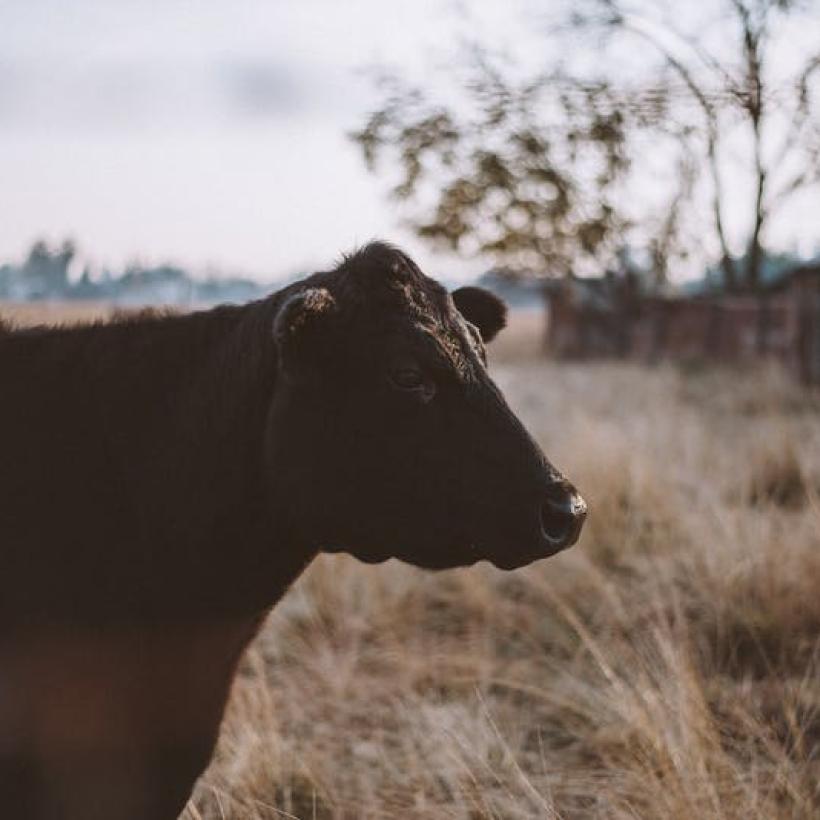
Quais os objetivos de projetos de carbono de "Soluções Baseadas na Natureza"?
Soluções Baseadas na Natureza (NBS) são abordagens que buscam resolver problemas ambientais, utilizando a natureza como ator para solucionar também problemas sociais e econômicos.
Essas soluções são baseadas em ferramentas ecológicas, como a fotossíntese e ciclagem de nutrientes, para promover serviços ecossistêmicos como estabilidade e resiliência climática, captura e armazenamento de carbono.
As NBS têm ganhado destaque como caminho para enfrentar a mudança climática global, conservação da biodiversidade e segurança alimentar. De maneira geral, as NBS são consideradas mecanismos alternativos ou complementares às metodologias de mitigação convencionais de engenharia e tecnologia, e podem ser implementadas em áreas urbanas e rurais.
Exemplos de NBS incluem a restauração de ecossistemas, por meio de agroflorestas, práticas de agricultura conservacionistas, barreiras naturais contra erosão do solo e preservação da biodiversidade regional. Além disso, as NBS têm potencial de gerar múltiplos benefícios, como a melhoria da qualidade do ar e da água, a redução do risco de desastres naturais e o aumento da resiliência das comunidades locais às alterações do clima, além da possibilidade da geração de créditos de carbono completamente apoiado em tecnologias limpas.
Projetos de carbono de soluções baseadas na natureza (NBS) são aqueles que buscam reduzir as emissões de gases de efeito estufa e/ou remover o carbono da atmosfera por meio de práticas baseadas na natureza. Alguns exemplos desses projetos incluem:
Reflorestamento e restauração de áreas degradadas: replantio de árvores em áreas que foram desmatadas ou degradadas, ajudando a remover o carbono da atmosfera e melhorar a biodiversidade.
Agroflorestas: sistemas agrícolas que combinam árvores e culturas agrícolas, melhorando a absorção de carbono no solo e aumentando a resiliência do ecossistema.
Manejo florestal sustentável: práticas de manejo florestal que promovem a regeneração da floresta e reduzem o desmatamento, permitindo a absorção contínua de carbono.
Proteção de ecossistemas naturais: projetos que protegem ecossistemas naturais, como florestas, pântanos e manguezais, impedindo a liberação de carbono que ocorre quando essas áreas são desmatadas ou degradadas.
Agricultura de conservação: práticas agrícolas que preservam a biodiversidade e os ecossistemas locais, enquanto produzem alimentos de forma sustentável, aumentando a absorção de carbono no solo.
Restauração de áreas úmidas: projetos que restauram áreas úmidas, como pântanos e manguezais, ajudando a reduzir as emissões de gases de efeito estufa e melhorando a resiliência do ecossistema.
Pastoreio regenerativo: práticas de pastoreio que promovem a regeneração da vegetação e do solo, aumentando a absorção de carbono.
Esses projetos podem ser certificados por padrões internacionais, como o Verified Carbon Standard (VCS), permitindo que empresas e governos compensem suas emissões de carbono por meio da compra de créditos de carbono gerados por esses projetos.
Siga nossas redes, se inscreva em nossa newsletter.
A MyCarbon acredita em um futuro resiliente às mudanças climáticas.
MyCarbon, responsabilidade com o meio ambiente e com a humanidade. Junte-se a nós!



